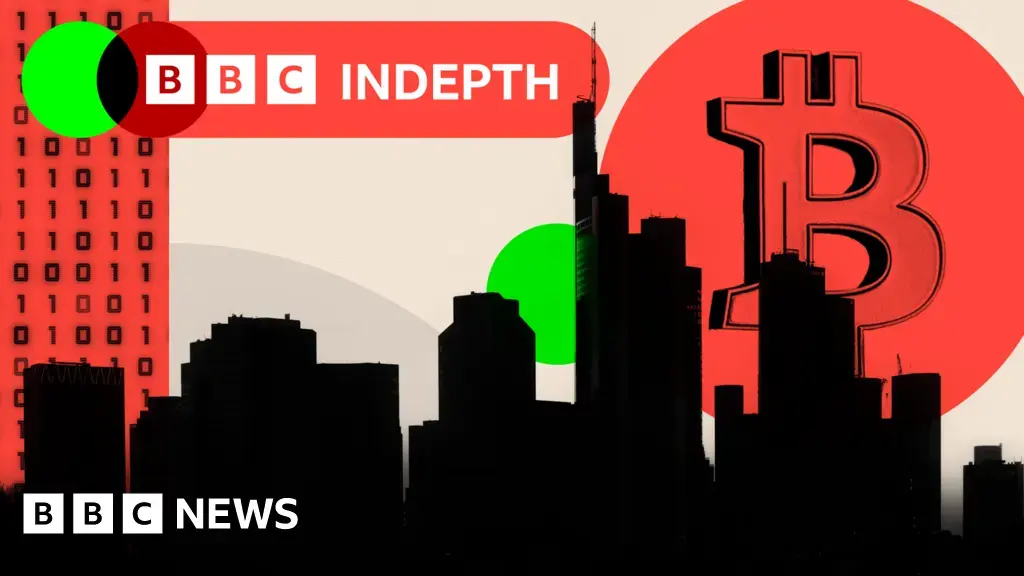Do you look at the possibility of political turbulence ahead of November’s US presidential election and think: democracy could be in trouble? So does a group of tech entrepreneurs backed by big Silicon Valley money. And they love it.
Imagine if you could choose your citizenship the same way you choose your gym membership. That’s a vision of the not-too-distant future put forward by Balaji Srinivasan. Balaji – who, like Madonna, is mostly just known by his first name – is a rockstar in the world of crypto. A serial tech entrepreneur and venture capitalist who believes that pretty much everything governments currently do, tech can do better.
…
Silicon Valley loves “disruption”. Tech startups have been disrupting traditional media for years; now they are making inroads into other areas too: education, finance, space travel. “Imagine a thousand different startups, each of them replacing a different legacy institution,” Balaji told the audience. “They exist alongside the establishment in parallel, they’re pulling away users, they’re gaining strength, until they become the new thing.”
If startups could replace all these different institutions, Balaji reasoned, they could replace countries too. He calls his idea the “network state”: startup nations. Here’s how it would work: communities form – on the internet initially – around a set of shared interests or values. Then they acquire land, becoming physical “countries” with their own laws. These would exist alongside existing nation states, and eventually, replace them altogether.
You would choose your nationality like you choose your broadband provider. You would become a citizen of the franchised cyber statelet of your choice.
There is nothing new about corporations having undue influence in the affairs of nation states. The term “banana republic” derives from the fact that a US company, United Fruit, effectively ruled Guatemala for decades beginning in the 1930s. Apart from owning the majority of the land, they ran the railways, the postal service, the telegraph. When the Guatemalan government tried to push back, the CIA helped United Fruit out by instigating a coup.
But the network state movement appears to have greater ambitions still. It doesn’t just want pliant existing governments so that companies can run their own affairs. It wants to replace governments with companies.



How do these network states ‘acquire’ land?
How many people are required to become a state and ‘acquire’ land?
Can others ‘acquire’ the land I’ve ‘acquired’ if I don’t want them to?
What is in the ether?
What does this solve?
These ideas are both scary and idealistically simplistic.
Yeah there is no land to “acquire” that isn’t already important to somebody, and there is no nation you can create without coming into conflict with existing nations or tribes. Terra nullius doesn’t exist!
we’ll just build an atlantic garbage patch out of ice, and
Yeah there is the big problem of ‘what if your neighbors decide to make a military’, which can be easily solved by ‘create your own military first’ which then creates an interesting situation for the people around you. And before you know it the red queen is overseeing races again.